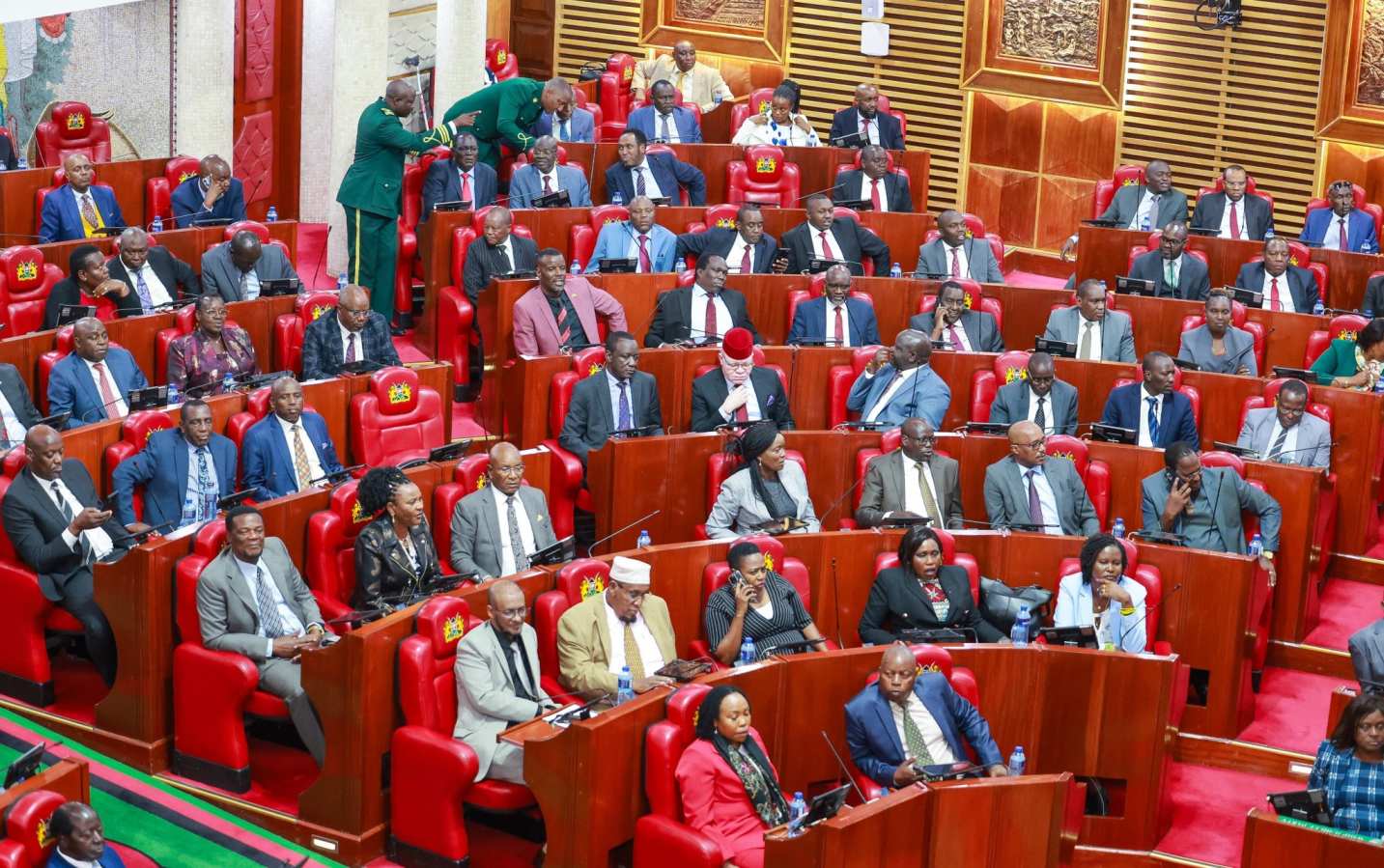Nominees to public or state offices could soon face tougher vetting rules, with a new proposal seeking hefty penalties for false wealth declarations.
The Public Appointments (Parliamentary Approval) (Amendment) Bill, 2025, sponsored by Funyula MP Wilberforce Oundo, proposes fines of up to Sh5 million or a five-year jail term or both for anyone who provides false information on their assets, income, or liabilities during parliamentary vetting.
The Bill introduces stricter requirements aimed at closing gaps in the current process, where nominees often declare approximate figures of their wealth without proof.
It compels nominees to submit detailed statements of income, assets, and liabilities, along with verifiable supporting documents.
These include an accountant’s certificate of financial statements, issued under the Accountants Act, and a valuation report of assets prepared by a registered valuer under the Valuers Act. Both professionals risk punishment if they are found guilty of certifying false information.
In addition, nominees will be required to disclose deferred income or future commitments, including amounts and dates of anticipated income arrangements, pending contracts, and expected benefits from business or professional dealings.
They will also need to declare all sources and amounts of income received in the previous and current calendar year.
The list of assets must cover physical property such as real estate, vehicles, jewelry, and precious metals, as well as financial assets like bank deposits, stocks, bonds, and mutual funds. Liabilities such as loans, mortgages, unpaid taxes, and other debts must also be provided.
Oundo explained that the intention of the Bill is to prevent dishonest declarations that leave room for corruption once nominees assume office.
“People keep on lying during vetting. They overstate their wealth to leave room for stealing,” he said, stressing that Parliament needs “verifiable documents of all the wealth they own, including those of assets and liabilities.”
Currently, the Clerk of the National Assembly requests reports on nominees from agencies including the Kenya Revenue Authority, the Ethics and Anti-Corruption Commission, the Directorate of Criminal Investigations, and the Office of the Registrar of Political Parties.
These cover matters such as ethics and integrity, criminal records, tax compliance, HELB repayments, and political affiliations. The information is then forwarded to the vetting committees, which rely on it during approval hearings.
This is not the first attempt to tighten the vetting process.
During the 12th Parliament, lawmakers expanded the vetting period from 14 to 28 days but rejected proposals that would have required higher academic qualifications for Cabinet Secretary nominees and more rigorous scrutiny of integrity.
Suggestions at the time to involve investigative agencies directly in vetting sessions were also dismissed.
If enacted, the new Bill would raise the bar by requiring detailed evidence of wealth, ensuring that nominees cannot rely on mere verbal declarations when seeking parliamentary approval.
